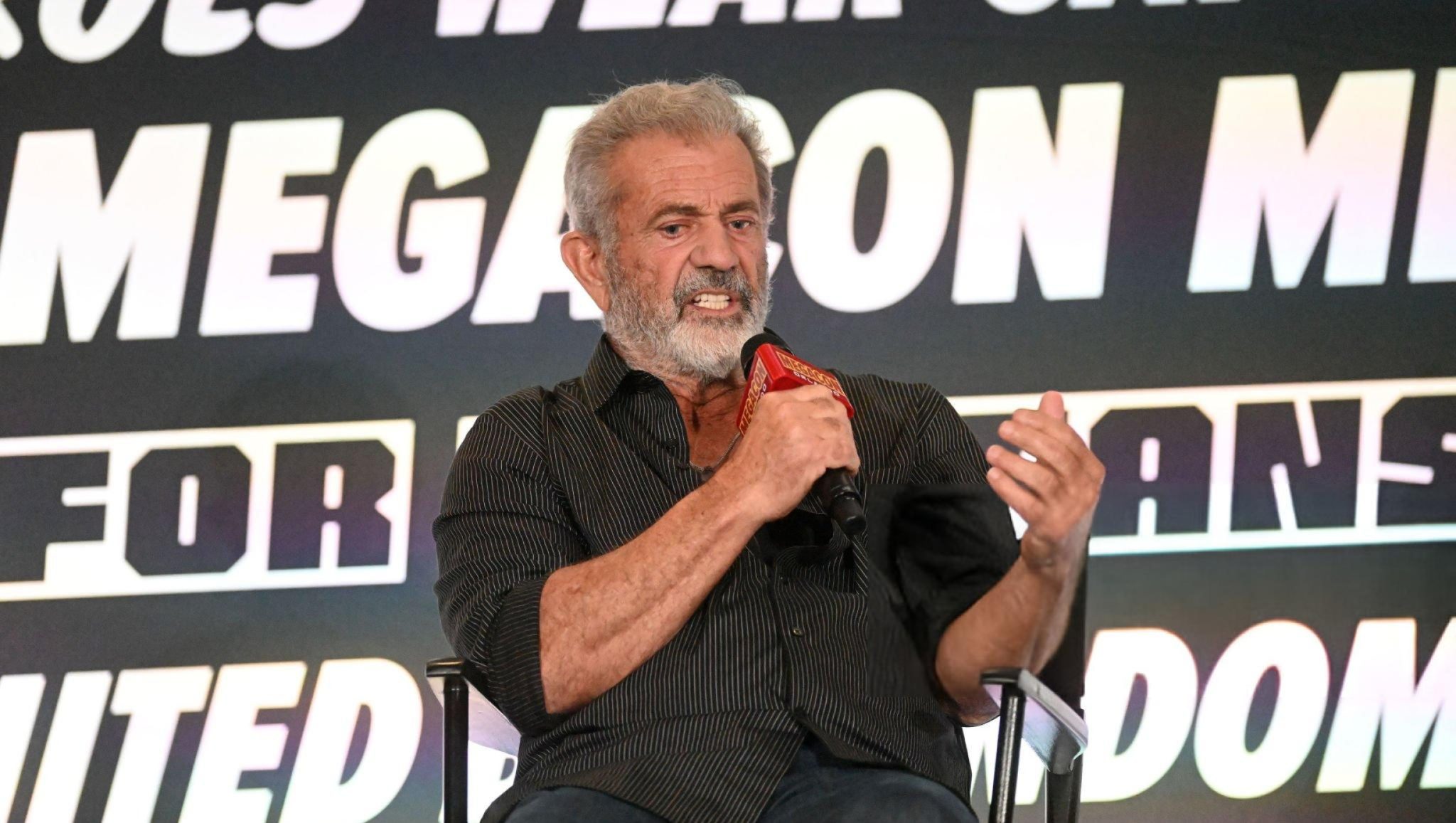Actor regains right to own firearms more than a decade after 2011 battery plea
Mel Gibson has had his firearm rights reinstated by the US Department of Justice, more than a decade after pleading no contest to a domestic violence charge involving his former partner, Oksana Grigorieva.
According to The New York Times, the approval was signed off by Attorney General Pam Bondi and included Gibson among ten individuals granted similar restorations. The decision has sparked widespread debate within legal and advocacy circles, particularly concerning gun access for individuals with a history of domestic violence.
Gibson, now residing in Nevada, lost the right to possess firearms following his 2011 plea to a misdemeanour count of domestic battery. The charge stemmed from an altercation with Grigorieva, the mother of his daughter. Although the plea did not result in a felony conviction, he was sentenced to 36 months’ probation, counselling, and community service, effectively curtailing his Second Amendment rights under federal firearm restrictions.
While the state of Nevada bars convicted felons from owning guns, Gibson’s misdemeanour status meant he remained eligible under revised federal guidelines to seek the restoration of his rights. New DOJ policy changes have opened a path for some individuals with criminal records to regain their gun rights if deemed to have “earned the chance” through demonstrated rehabilitation.
Despite this, the move to approve Gibson’s application has caused internal disquiet within the Justice Department. Elizabeth G. Oyer, who served as the department’s pardon attorney, objected strongly to restoring firearm access to anyone with a record of domestic abuse. She reportedly voiced her reservations in formal communications before being dismissed by the Trump administration in March.
“Giving guns back to domestic abusers is a serious matter,” Oyer said at the time. “It’s not something I could recommend lightly, because there are real consequences that flow from people who have a history of domestic violence being in possession of firearms.”
Her dismissal, though controversial, has been officially denied as being connected to the Gibson case.
The timing of the restoration has also drawn attention due to Gibson’s recent political visibility. Earlier this year, he was named a “special ambassador” to Hollywood by former US President Donald Trump, alongside fellow actors Jon Voight and Sylvester Stallone — all prominent conservative figures in American entertainment.
Although the Justice Department insists that the decision was made through standard channels and due process, critics argue it sends a troubling message, particularly in a country grappling with high levels of gun violence and domestic abuse.
Gun control advocacy groups, such as Everytown for Gun Safety, have criticised the decision, pointing to the established correlation between domestic violence and firearm-related fatalities. “This is an actor with a documented past of violence,” a spokesperson said. “While rehabilitation is important, restoring access to deadly weapons should never be taken lightly.”
Under the current law, Gibson’s rights restoration applies at the federal level, but he must still comply with any applicable state-specific firearm laws. His eligibility to own or carry firearms in individual states, including Nevada, will be subject to those respective statutes.
The Standard has contacted representatives for Mr Gibson for comment, but no official statement has been released at the time of writing.
Gibson, now 68, remains a polarising figure in Hollywood. Once a box-office titan, his career was derailed by a series of public controversies, including anti-Semitic remarks, homophobic language, and the domestic violence case itself. Though he has since returned to directing and acting in select films, his reputation continues to divide audiences and industry figures alike.
This latest development is sure to reignite discussion over whether public figures with chequered pasts should be afforded privileges such as firearm ownership, and how such decisions reflect on broader societal attitudes towards domestic abuse and accountability.







